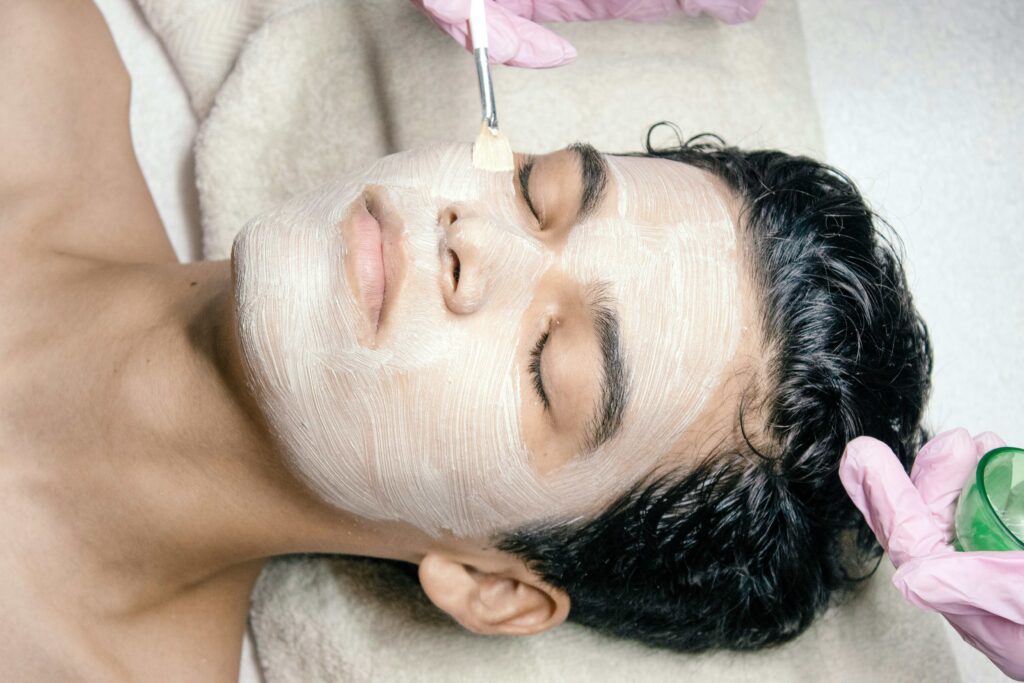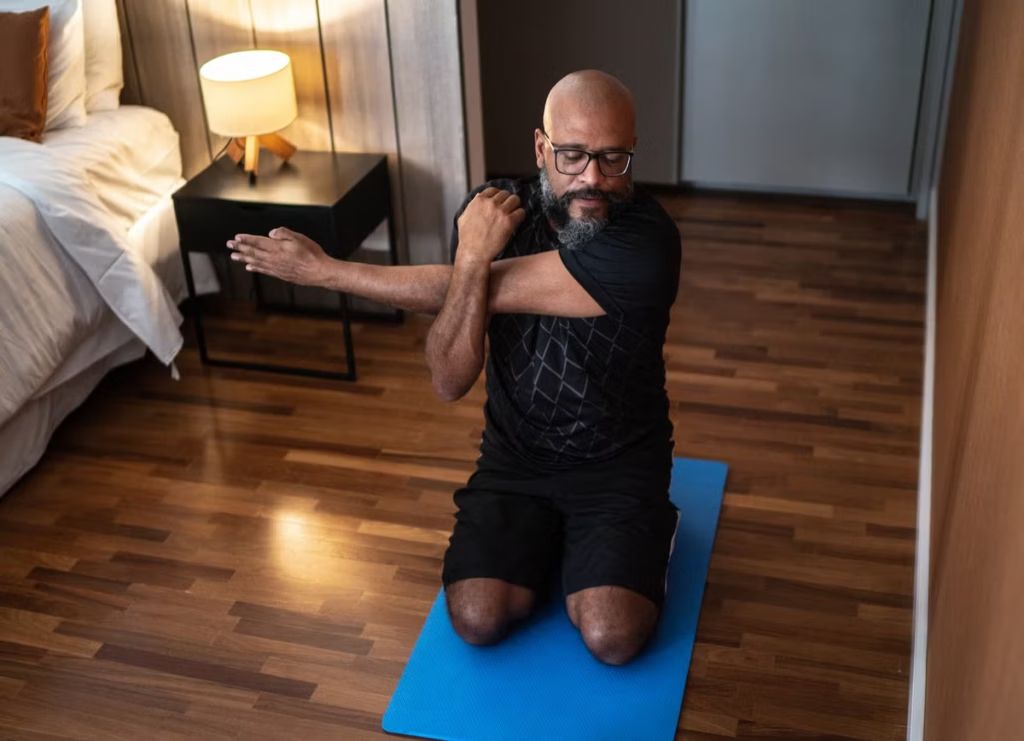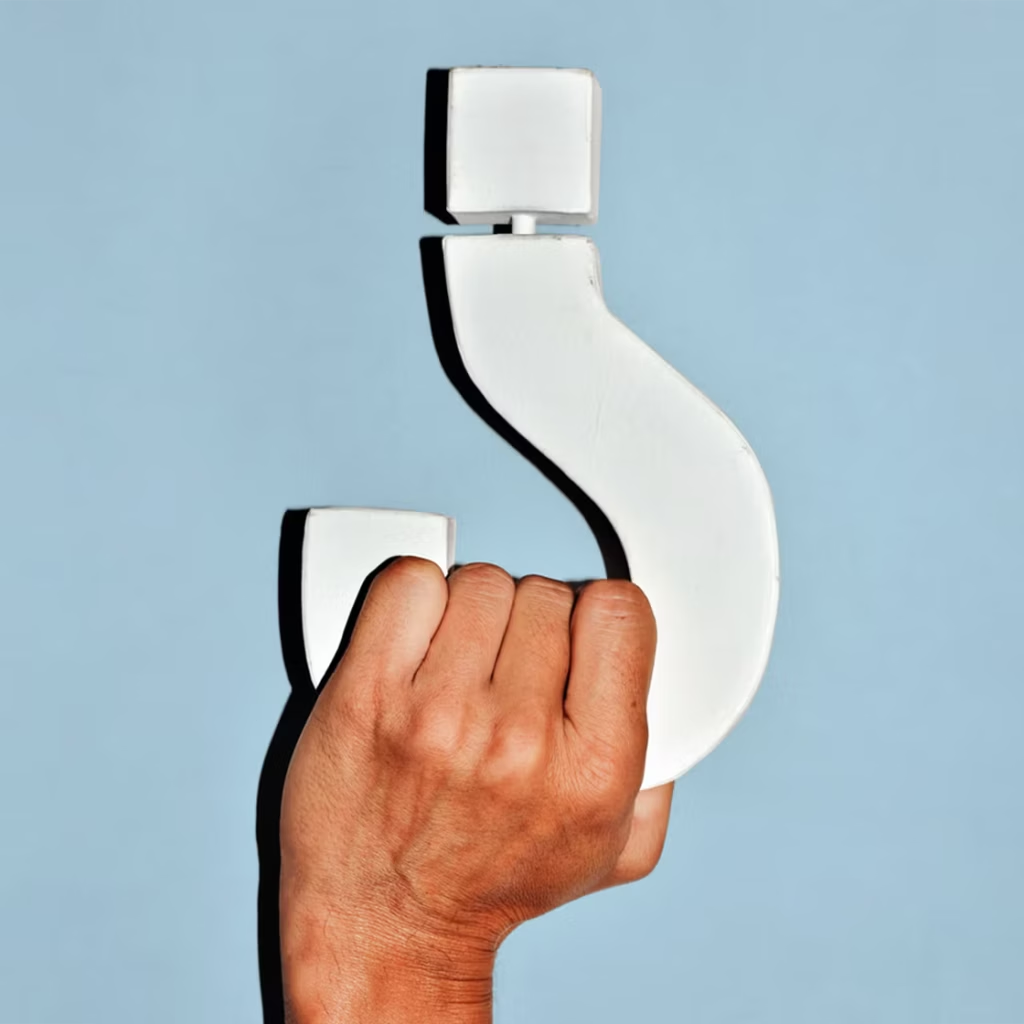LOVE IS SUPPOSED to represent the union of two hearts and it appears it may do just that, though not in the warm and fuzzy way you might have hoped for.
A new study published in the Journal of the American Heart Association has found that if one partner in a heterosexual relationship has high blood pressure, the other often experiences the same condition.
“Many people know that high blood pressure is common in middle-aged and older adults, yet we were surprised to find that among many older couples, both husband and wife had high blood pressure in the US, England, China and India,” says senior author Chihua Li, a post-doctoral fellow at the University of Michigan. “For instance, in the US, among more than 35 per cent of couples who were ages 50 or older, both had high blood pressure.”
The researchers analysed blood pressure measures for 3,989 US couples, 1,086 English couples, 6,514 Chinese couples and 22,389 Indian couples, finding that compared to wives married to husbands without high blood pressure, wives whose husbands had high blood pressure were 9 per cent more likely to have high blood pressure in the US and England, 19 per cent more likely in India and 26 per cent more likely in China.
Overall, the prevalence of both spouses or partners having high blood pressure was about 47 per cent in England; 38 per cent in the US; 21 per cent in China and 20 per cent in India.
Why is high BP more likely to be shared in India and China? Different relationship dynamics in Eastern and Western societies may explain the phenomenon, the researchers say. “In China and India, there’s a strong belief in sticking together as a family, so couples might influence each other’s health more,” says study co-lead author Dr Peiyi Lu, from Columbia University Mailman School of Public Health. “In collectivist societies in China and India, couples are expected to depend and support each other, emotionally and instrumentally, so health may be more closely entwined.” Caring is sharing, in other words.
Similar results have been found for hypertension. The results indicate that rather than treat cardiovascular diseases individually, it may be prudent to begin focusing on strategies that target couples, giving new meaning to ‘couples therapy’.
“Making lifestyle changes, such as being more active, reducing stress or eating a healthier diet, can all reduce blood pressure; however, these changes may be difficult to achieve and, more importantly, sustain if your spouse or partner (and greater family unit) are not making changes with you,” says Dr Bethany Barone Gibbs of the West Virginia University. Couples that train together . . .















